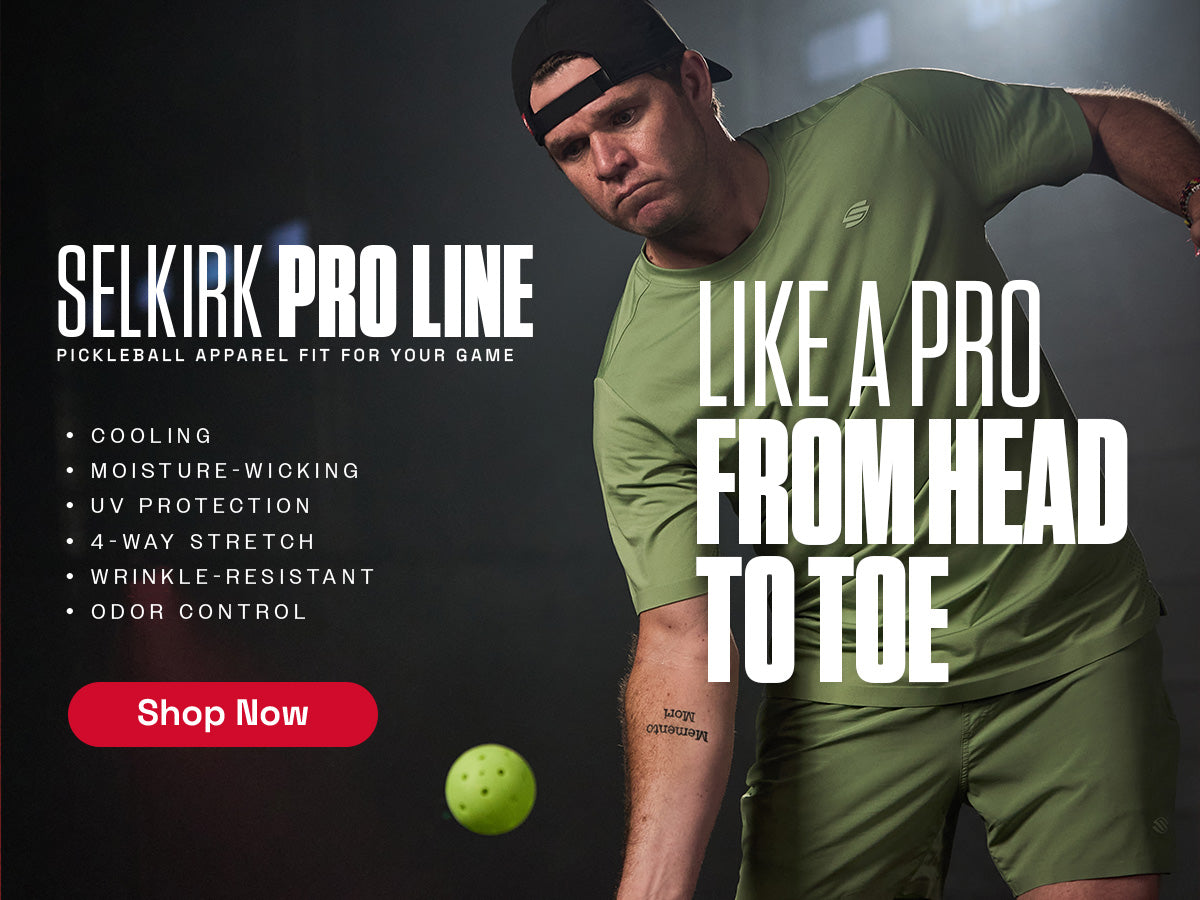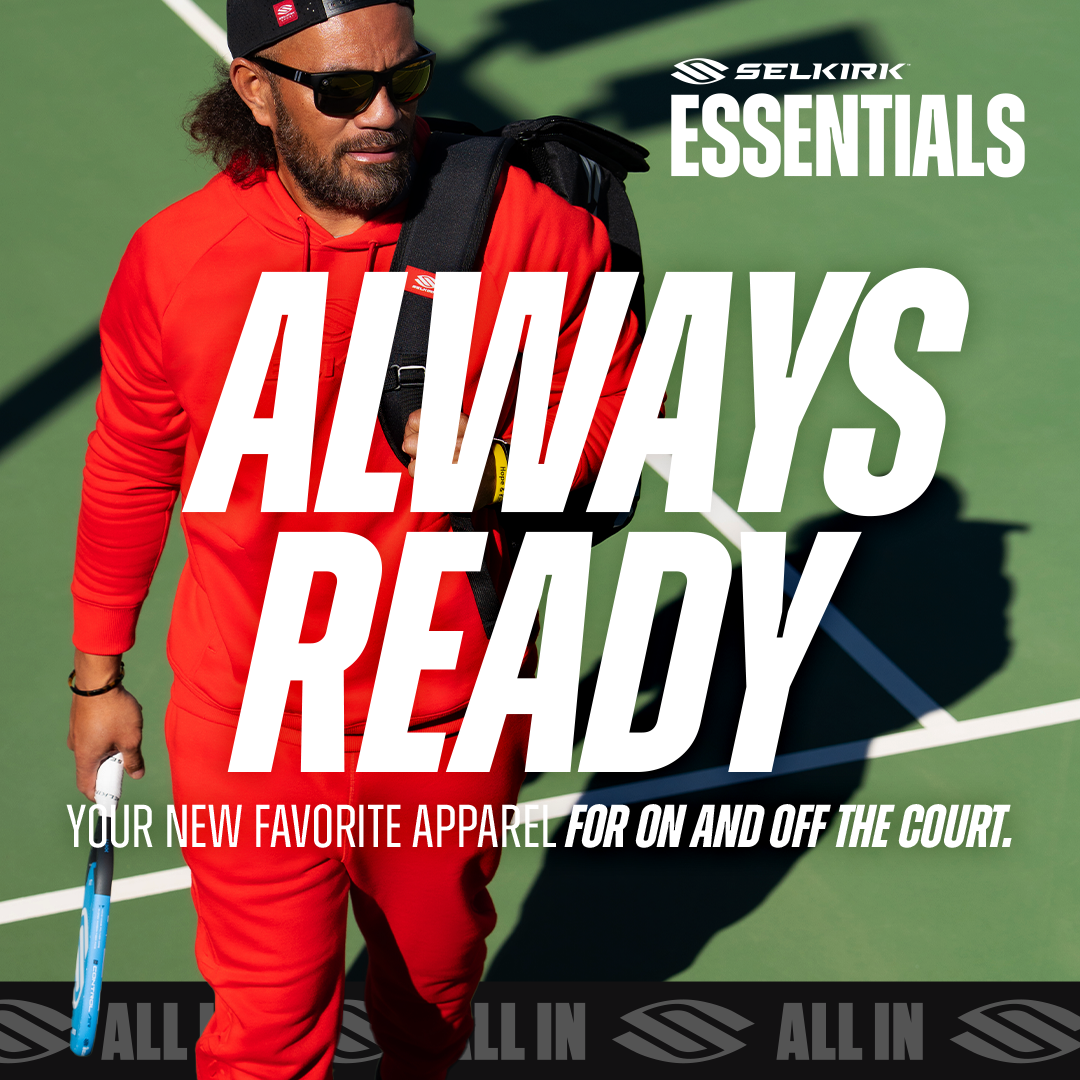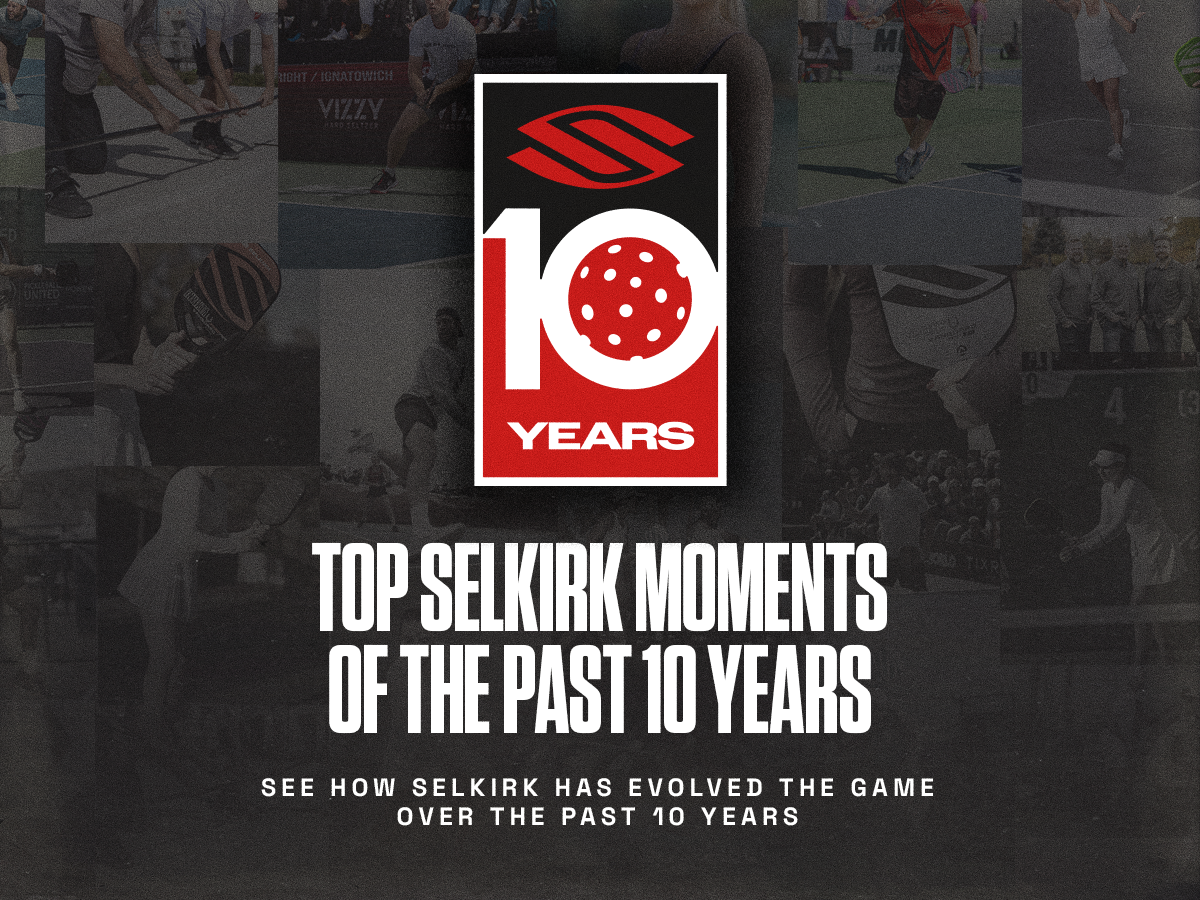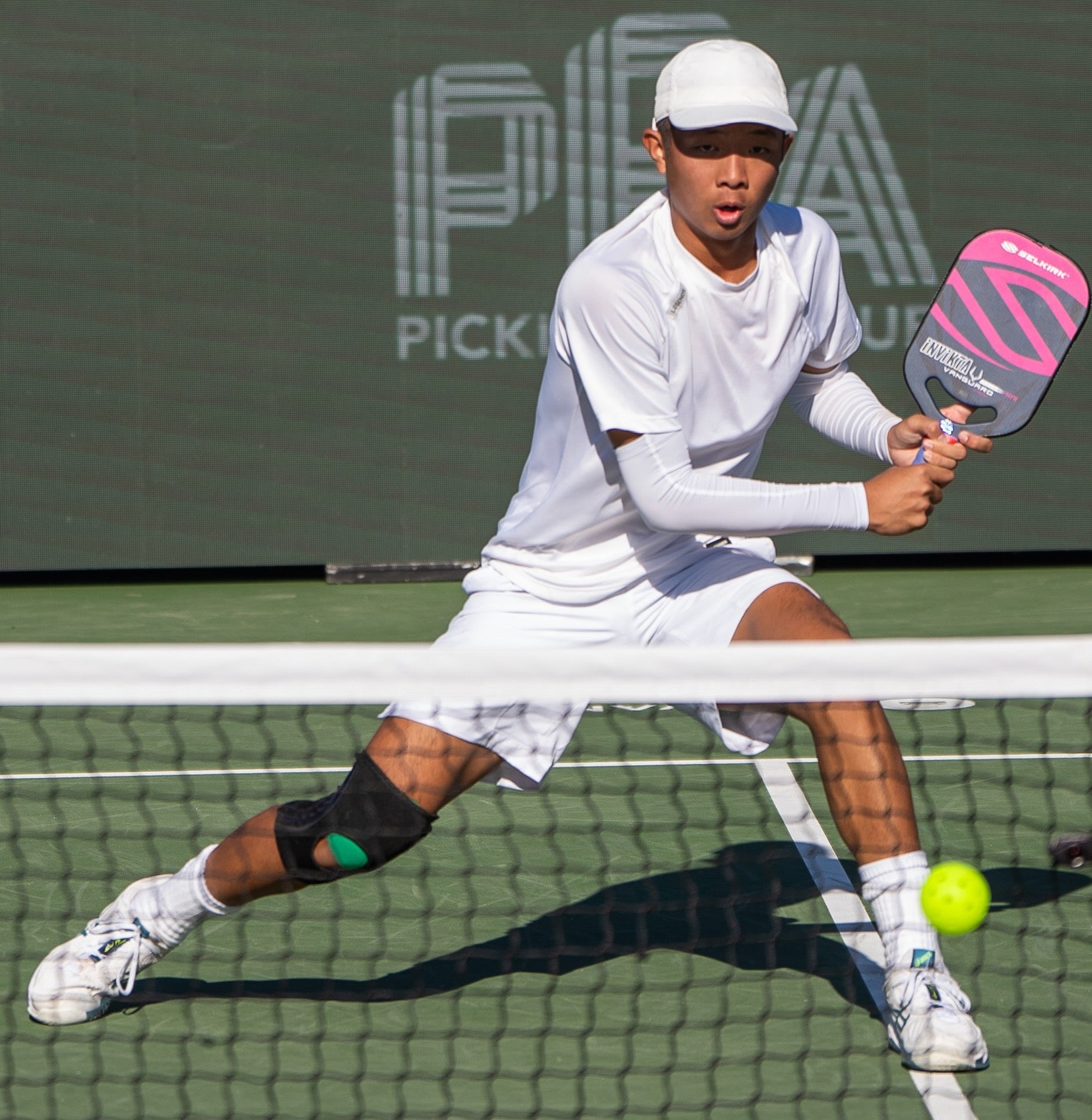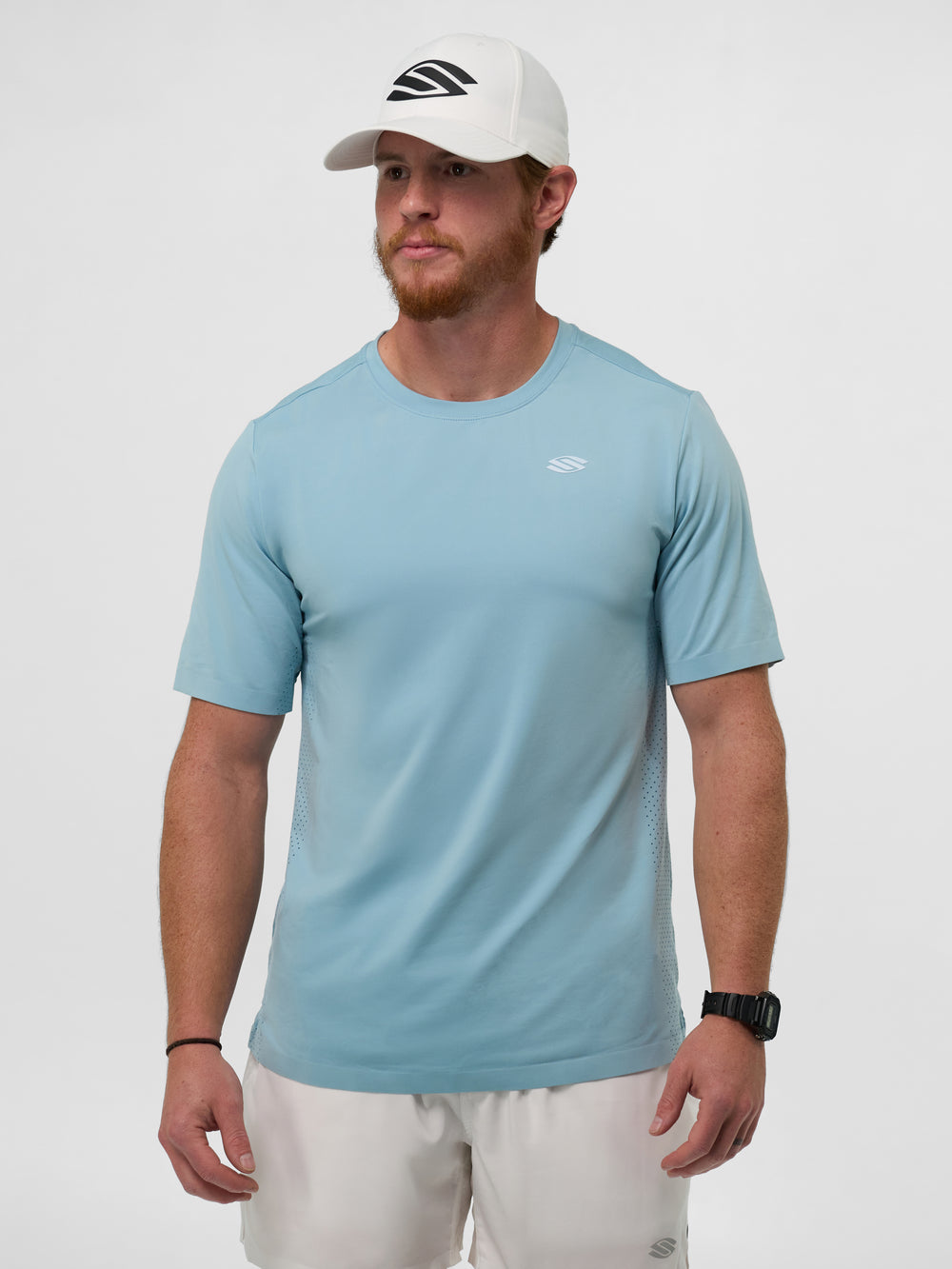
At just 18 years old, Quang Duong has taken down some of the sport's top professionals, including the No. 1 player Ben Johns.
Quang attributes much of his success to hard work and the unwavering support and guidance of his father and coach, Duc Duong.
In honor of Father's Day, Quang talked about his relationship with his dad, their rigorous training regimen, and the invaluable lessons he's learned along the way. Then, Duc shares the top tips that has made his son so successful.
Q: When you first started training in pickleball with your dad, what was your relationship like? How has your relationship grown as you have risen in the PPA ranks?
A: I injured my wrist playing a Men's Pro 25k Tennis Tournament last year. At that time, my dad was like, "Son, you can't just sit home — let's play something."
So, the lightest, easiest thing to play with my injury was pickleball. When we started, Dad was easygoing and cool, saying, "Don't take it too seriously, son, it's just a fun game."
But as I moved up in the rankings, the training became more like my tennis training — very serious and detailed, focusing on tactics to beat specific opponents.
People often misunderstand him, but my dad is my (and my brother’s) best friend. If we have any problems or issues, we always come to him first.
Q: How many hours per day do you spend drilling with your dad?
A: I drill for two hours in the morning with my brother, and my dad runs a very tough, intense, and stressful session. Then, in the afternoon, I do another one-hour to 90-minute session with my dad one-on-one to cover technical details.
We skip training on Wednesdays and Sundays, so it's about 3 hours per day and 12 hours per week. Again, the sessions are very intense. Every second counts — there is no fooling around on the court.
Q: We heard you have a "report card" system for training. If so, what does it look like?
A: Actually, we don't have a "report card" system. My dad doesn't give compliments. There is no such thing as a "nice try." Even after a great match, Dad always finds things to correct, which keeps me and my brother in check as we progress.
Q: What is the best piece of advice your dad has offered you in your pickleball career?
A: Stay disciplined. Shot discipline, training discipline — discipline in literally anything.
Q: What do you appreciate most about having your dad as your coach?
A: His wisdom. He can read the game or read a player after watching them play for five minutes. He has solutions for everything, but sometimes I forget to execute them.
Training tips from Duc Duong: Discipline and stress testing are key
Duc Duong’s training philosophy, which he uses to train Quang and Quang’s younger brother Bao, centers on discipline and the ability to perform under stress. It are these tenets, he says, that make a successful pickleball player.
However, he shared a few more tips to help players progress their game. Here are his top ten training tips:
- Discipline and stress test: This is the key for upcoming pros and juniors. Can you dink for 30 minutes? Can you hit inside-out, down-the-line patterns for 15 minutes? Can you not rest for 30 minutes straight? Under pressure, can you stay disciplined and hit the ball rather than push it?
- Intensity: Train with 120% intensity to make match play seem easy. Stress test the intensity.
- Stress is your best friend: Embrace stress. Stress is a privilege. Simulate stress during practice sessions with bad paddles, bad balls, handicapped half courts, backhand-only drills, volley-only drills, bad calls, etc. … stress test every drill.
- Keep an open mind: Learn new ways to hit the ball, new skills, new grips, one-handed backhand rolls, etc. Stress test new skills you just obtained.
- Stay present: Breathing techniques help control nerves and emotions, which is key for high performance in match play. Stress test the mind to stay focused.
- Good footwork: All unforced errors start from bad footwork and inefficient movements. Learn different footwork patterns for baseline, volleys, and dinks. Stress test movements when you are tired or out of position.
- Use good form: Good form is required for singles players but also critical for doubles. Backhand coil, using a short take-back forehand, keep your contact in front of your body — all of these are important. Stress test every form until it doesn’t break down.
- Bend those knees: Tennis is a running game, but pickleball is a bending game. Get under the ball on every shot. Can you still bend properly after 45 minutes of stress testing?
- Spin the ball: Everything in modern pickleball is about spin — sidespin, underspin, topspin, backspin. Spin is the control for power. Stress test spin in every possible way until control is achieved.
- Train your eyes: Fast hands involve fast eyes. Fast hand-eye coordination is a must for doubles. Stress test ball speed and grip changes with eye training.












